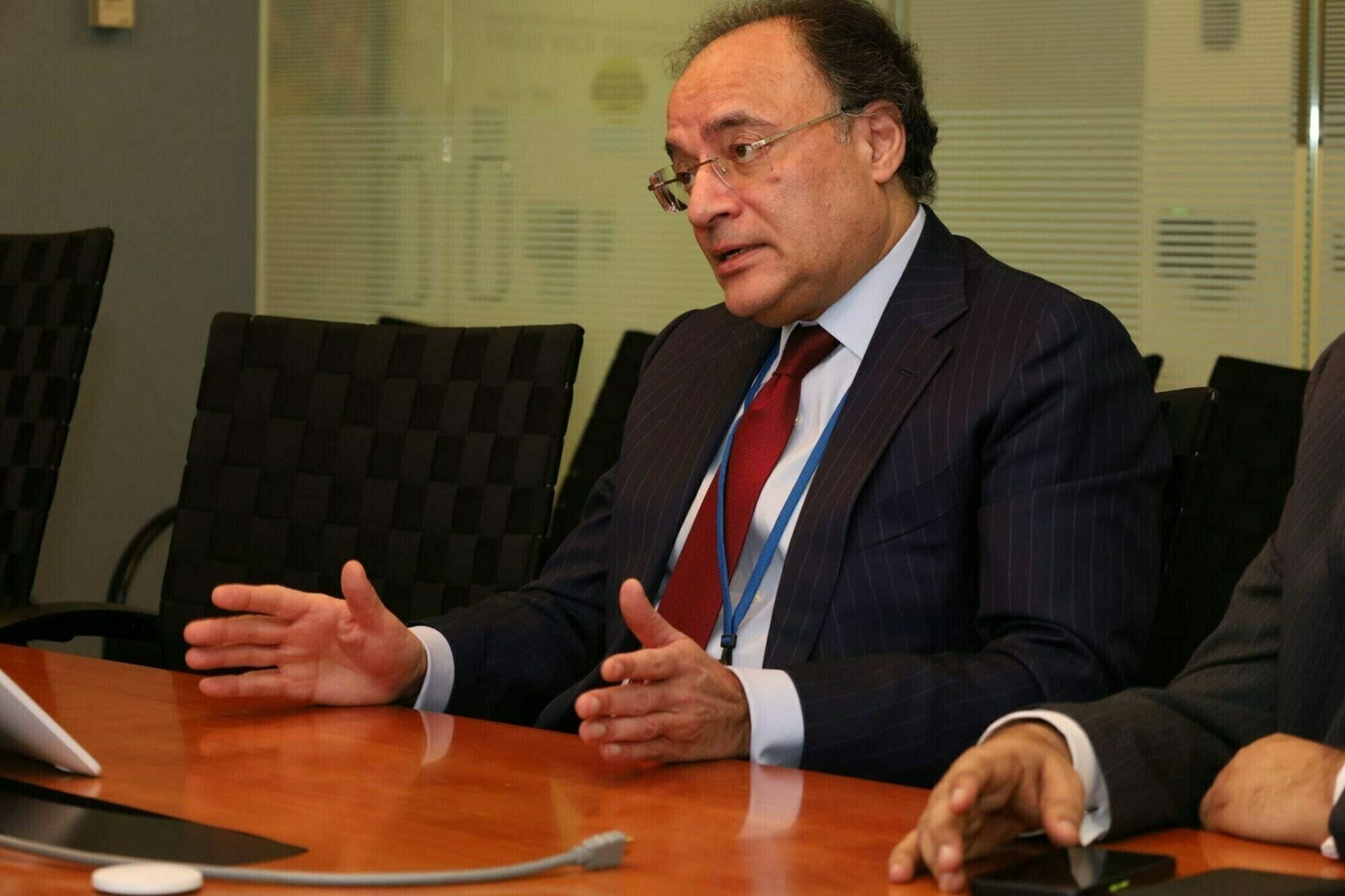PTBP Web Desk
Pakistan has been ranked among the least resilient countries in the Global Investment Risk and Resilience Index 2025, developed by Henley & Partners in collaboration with AlphaGeo, an AI-powered analytics platform. The ranking highlights Pakistan’s ongoing struggle with economic instability, weak governance, and declining investor confidence—factors that continue to impede the country’s ability to attract sustainable foreign investment and achieve long-term economic resilience.
This assessment follows closely on the heels of another setback, where Pakistan’s passport was ranked the fourth weakest in the world for the fifth consecutive year in the Henley Passport Index. Both rankings collectively underscore deep-rooted structural and governance issues that continue to undermine Pakistan’s global standing.
The Global Investment Risk and Resilience Index offers a data-driven framework for investors, governments, and global families to evaluate and navigate growing global risks. It assesses each country’s exposure to challenges such as geopolitical conflicts, inflation, technological disruption, and climate change, while also analyzing their capacity to adapt and recover.
According to Henley & Partners, the index merges risk exposure and resilience capacity into a single score to help identify nations that can preserve wealth, generate long-term value, and maintain economic stability. “By combining risk exposure and resilience capacity into a single score, the index identifies the countries that are best placed to preserve wealth and generate long-term value,” the firm said in its official press release.
In the 2025 edition of the index, Pakistan ranked 222nd, placing it near the bottom alongside South Sudan (226th), Lebanon (225th), Haiti (224th), and Sudan (223rd). The report attributed these low rankings to political instability, regulatory uncertainty, and weak institutional governance.
Henley & Partners noted that countries at the lower end of the ranking—like Pakistan—face “significant political instability and considerable legal and regulatory risks.” The report added that weak governance, limited innovation, and low social development further hinder resilience and adaptive capacity.
These findings align with broader concerns among international investors about Pakistan’s economic direction, especially given its heavy reliance on external borrowing, import dependency, and political volatility.
At the top of the index, Switzerland ranked first, thanks to its “exceptionally low risk and world-leading innovation, governance, and social metrics.” The Nordic countries—Denmark (2nd), Norway (3rd), and Sweden (5th)—also performed exceptionally well, demonstrating how equitable growth and strong institutions foster high resilience.
Singapore, ranked 4th, achieved the lowest legal and regulatory risk globally, cementing its position as a global hub for investment and innovation.
This year’s index emphasizes that resilience is increasingly concentrated in smaller, adaptive states with robust social and institutional structures.
Dr. Christian H. Kaelin, Chairman of Henley & Partners, emphasized the importance of resilience as a key metric for assessing future success. “This index is a useful tool for understanding where true sovereign risks and resilience lie,” he explained, noting that it provides clarity for investors, businesses, and families on where to place their confidence and capital.
He added that resilience has now overtaken traditional indicators like wealth and political structure as a determinant of future prosperity. “For nations, it underpins lasting prosperity. For investors and global families, it offers protection and a powerful engine for long-term value creation,” Dr. Kaelin said.
Despite the bleak ranking, Pakistan’s economy has shown modest signs of stabilization in recent months. The country’s foreign exchange (FX) reserves have risen to $14.44 billion as of October 10, 2025, up from less than $3 billion in early 2023, primarily due to the International Monetary Fund (IMF) loan program and financial support from friendly nations.
Additionally, workers’ remittances have played a significant role in stabilizing reserves, providing some relief to the economy. However, experts caution that Pakistan has yet to transition to a sustainable growth trajectory.
While the current account balance has recently moved into surplus, Pakistan still faces structural challenges. The economy remains heavily import-based, and the lack of export diversification continues to exert pressure on the trade balance.
To achieve sustainable economic growth, Pakistan must prioritize the promotion of exports, import substitution, and foreign direct investment (FDI) in export-oriented industries. Strengthening domestic industries and encouraging innovation could help create employment opportunities for the growing labor force and reduce poverty.
Economists also warn that flood reconstruction spending and climate-related challenges could increase fiscal pressure. These factors might widen both trade and current account deficits, potentially pushing inflation beyond the projected 7% for the fiscal year 2025–26.
A long-term solution requires policy consistency, good governance, and strong institutional reform. Only through these measures can Pakistan shift from crisis management to genuine resilience.




